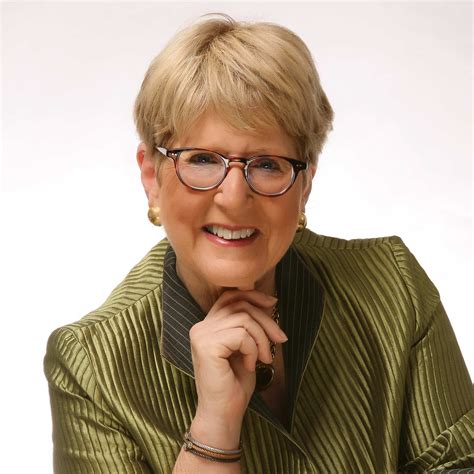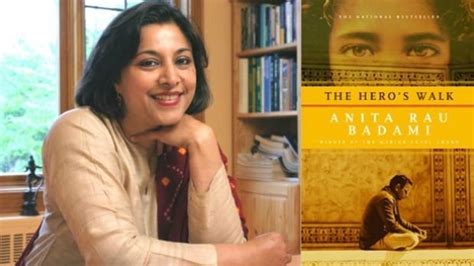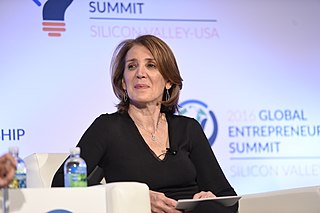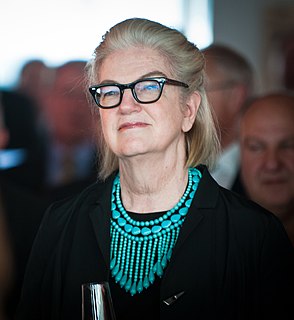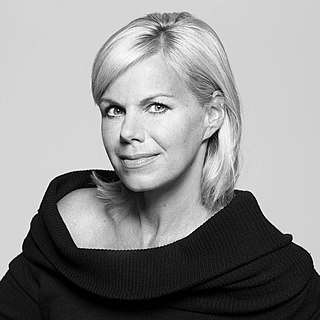A Quote by Lois P Frankel
The Male Factor is the singularly best business book for women I've read in years. This well-researched yet thoroughly readable book is rich with rare insights into how men really see women in the workplace-and how with a few simple adjustments you can even the playing field.
Related Quotes
It's true that in a lot of western feminist movements, you see women working singularly from men. Suffragettes and the women's rights movement in the 60s here, but when I think of the Islamic feminist movement, I think of a lot of men who are very much standing with the women. It really feels like in equal numbers. Women are catching up in the field because we were not given access to knowledge and encouraged into these studies and so these men are helping us and empowering us. They are men of conscience who are fed up with this assumption that they're entitled.
Because he did not have time to read every new book in his field, the great Polish anthropologist Bronislaw Malinowski used a simple and efficient method of deciding which ones were worth his attention: Upon receiving a new book, he immediately checked the index to see if his name was cited, and how often. The more "Malinowski" the more compelling the book. No "Malinowski", and he doubted the subject of the book was anthropology at all.
In most homes, from what I know of them, even though the woman's place in that particular home might be in the home, still, she is queen of her house. So I like exploring the many different incarnations of women in that country, actually. You find quite a range of these women in this book - each one of them embodies a completely different personality type. And how can you write a book that's only full of men, anyway? I mean, half the population of this world is women.
I am very bad at remembering the books I've read and so recently I had a wonderful experience. I decided I wanted to teach Toni Morrison's The Bluest Eye. I hadn't read it in twenty-five years. I was surprised to find how much I drew from that book. Stole from that book, learned from that book about writing. I had forgotten and there it was. Morrison has called that text faulted. I cannot see how.
Eleanor Roosevelt once said, ‘No one can make you feel inferior without your permission.’ With stories from her own life and data carefully researched, Sheryl Sandberg reminds women that they have to believe in themselves and reach for opportunities. More women than men may need that advice, but I'd bet that both genders would profit from this very well-done book
Yeah I was aware of the book, but hadn't read it. So as soon as I'd finished the script, I got a copy of the book and read that. My wife had read it and she loves it, so that was a good sounding board. I like her writing style, she's such a page-turner. I enjoyed The Constant Princess as well. I think she's great. The books are very popular with women and I can see why.
Maybe just as many women writers as male writers could be billed as the next great American writer by their publisher. Maybe book criticism sections could review an equal amount of female and male writers. Maybe Oprah could start putting some books by women authors in her book club, since most of her audience is women.
The bonding of women that is woman-loving, or Gyn/affection, is very different from male bonding. Male bonding has been the glue of male dominance. It has been based upon recognition of the difference men see between themselves and women, and is a form of the behaviour, masculinity, that creates and maintains male power… Male comradeship/bonding depends upon energy drained from women.
I read everything. I'll read a John Grisham novel, I'll sit and read a whole book of poems by Maya Angelou, or I'll just read some Mary Oliver - this is a book that was given to me for Christmas. No particular genre. And I read in French, and I read in German, and I read in English. I love to see how other people use language.
A reader kindly pointed out to me recently that most of the quotes I include are by men. And it's true. Personally, I don't even consider whether the author is male or female, nor even care much who the author is - what's significant is the message. Of course, women are equally capable of great insights, however in our culture it's not so long ago that women could not even be published
